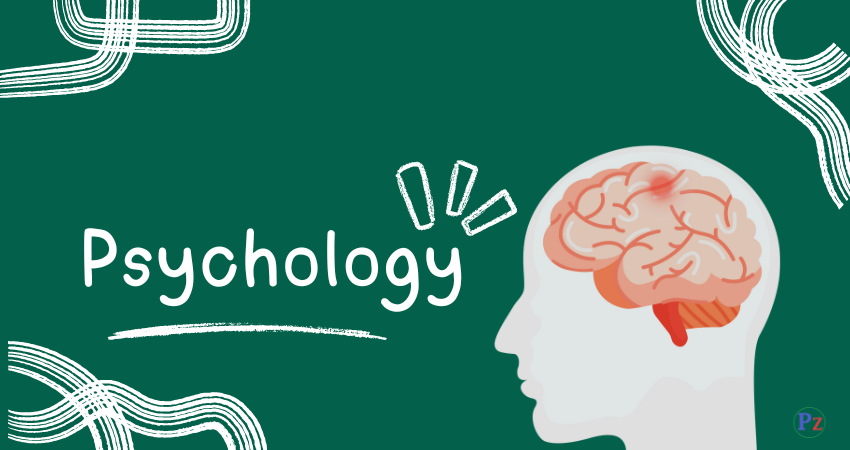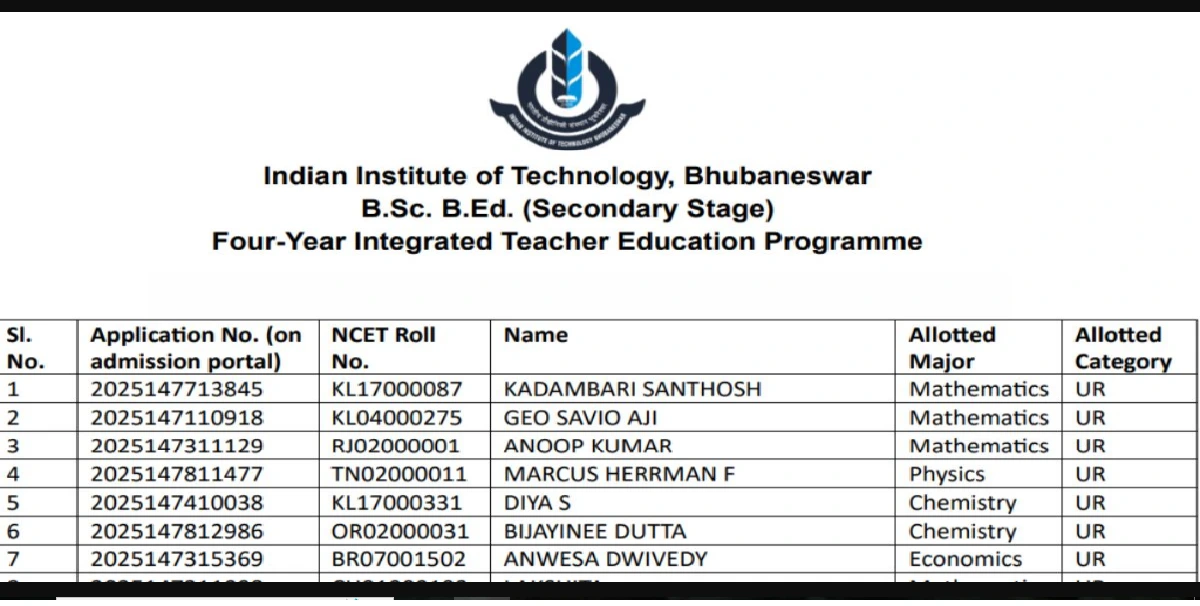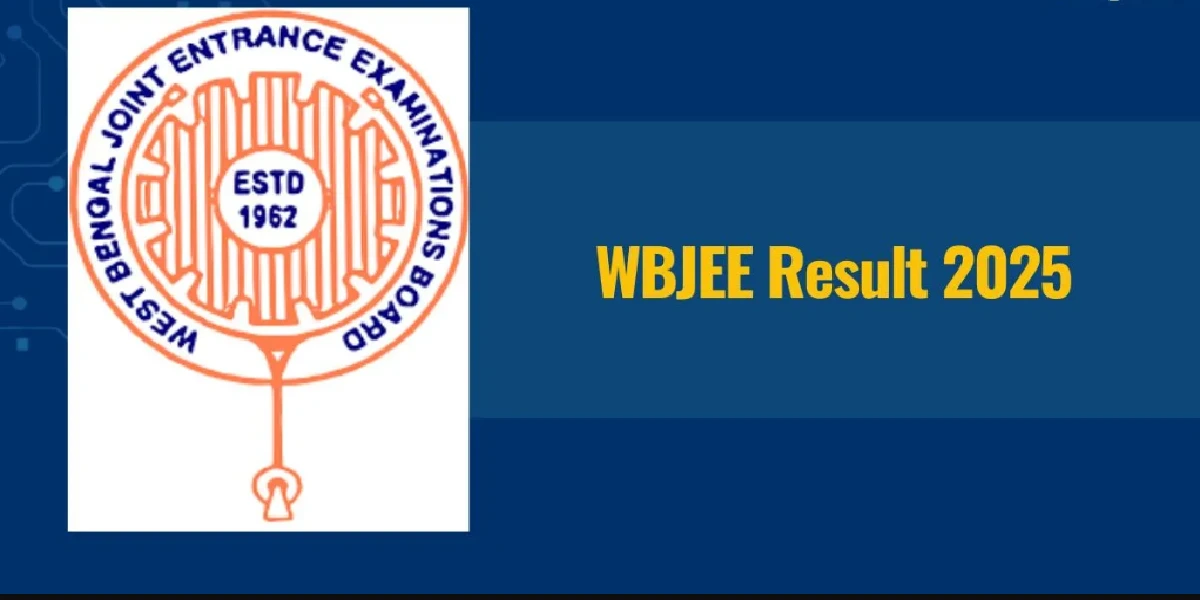The phenomenon of getting worse at games, rather than improving, can be understood through several psychological lenses. While it’s natural to expect improvement with practice, certain factors can actually lead to a decline in performance.

Here are some key psychological reasons why this might happen:
1. Overthinking and Cognitive Overload
Beginner’s luck often occurs because new players approach a game with no expectations, allowing them to react instinctively. However, as players learn more about the game, they may start overthinking their moves. This can lead to cognitive overload, where the brain is overwhelmed by trying to juggle too much information at once. As a result, performance can suffer as players second-guess themselves.
2. Performance Pressure (Choking Under Pressure)
The pressure to perform, especially in competitive environments, can lead to a psychological phenomenon known as choking. This occurs when a person is so focused on not failing that they become overly self-conscious, which disrupts their automatic, well-practiced responses. Stress and anxiety can impair the brain’s ability to make quick, effective decisions, leading to worse performance.
3. Fixed Mindset vs. Growth Mindset
Players who believe their abilities are fixed may become discouraged when they face challenges. A fixed mindset, which is the belief that one’s skills are innate and unchangeable, can lead to stagnation or regression. In contrast, a growth mindset—the belief that skills can improve with effort—helps players push through plateaus and setbacks. Those with a fixed mindset might become frustrated after a bad streak, leading to even worse play due to lack of persistence.
4. Burnout and Fatigue
Burnout from playing too much, or fatigue from long sessions, can lead to a decline in both physical and cognitive performance. Mental exhaustion decreases focus and reaction time, making it harder to execute strategies or react to in-game stimuli. If players are not getting enough rest or breaks, their performance is likely to suffer.
5. Habituation and Decline in Engagement
Over time, players may become less engaged or excited about a game, especially if it becomes repetitive. This habituation can dull the brain’s reward systems, leading to reduced motivation and focus. When motivation declines, effort decreases, and performance tends to follow suit.
6. Neglecting Foundational Skills
As players become more advanced, they might neglect the basics. Focusing on complex strategies without reinforcing foundational skills can lead to a weakening of the core abilities that initially led to success. This can cause a paradox where a player is knowledgeable about advanced tactics but struggles with the fundamentals, leading to worse performance.
7. Self-Sabotage and Fear of Failure
Some players may unconsciously engage in self-sabotage due to fear of failure. They might start to play more conservatively or avoid taking risks, which can make them less effective. This often happens when the fear of losing or making mistakes overrides the desire to improve, creating a self-fulfilling prophecy of declining performance.
8. Learning and Unlearning Phases
Improvement in games, like in any skill, often follows a non-linear path. Players might experience temporary declines as they integrate new strategies or skills. This is part of the learning process. A phase of getting worse can actually be a sign of cognitive restructuring as the brain adapts to new information. Over time, this can lead to significant improvement, but the initial drop in performance can be discouraging.
9. External Distractions and Lack of Focus
Distractions, whether external or internal, can prevent players from fully focusing on the game. Even minor distractions can lead to missed cues or delayed reactions, causing a dip in performance. Regularly practicing in a distracted environment can reinforce bad habits, making it harder to improve.
Getting worse at games instead of better is often tied to psychological factors such as overthinking, performance pressure, mindset, burnout, and distractions. By understanding these factors, players can take steps to mitigate them, such as practicing mindfulness, adopting a growth mindset, and ensuring adequate rest, which can help break through performance slumps and lead to continued improvement.
| Read More Topics |
| What is a microculture anthropology? |
| What is post secondary education? |
| Benefits of Honours degree in education |





